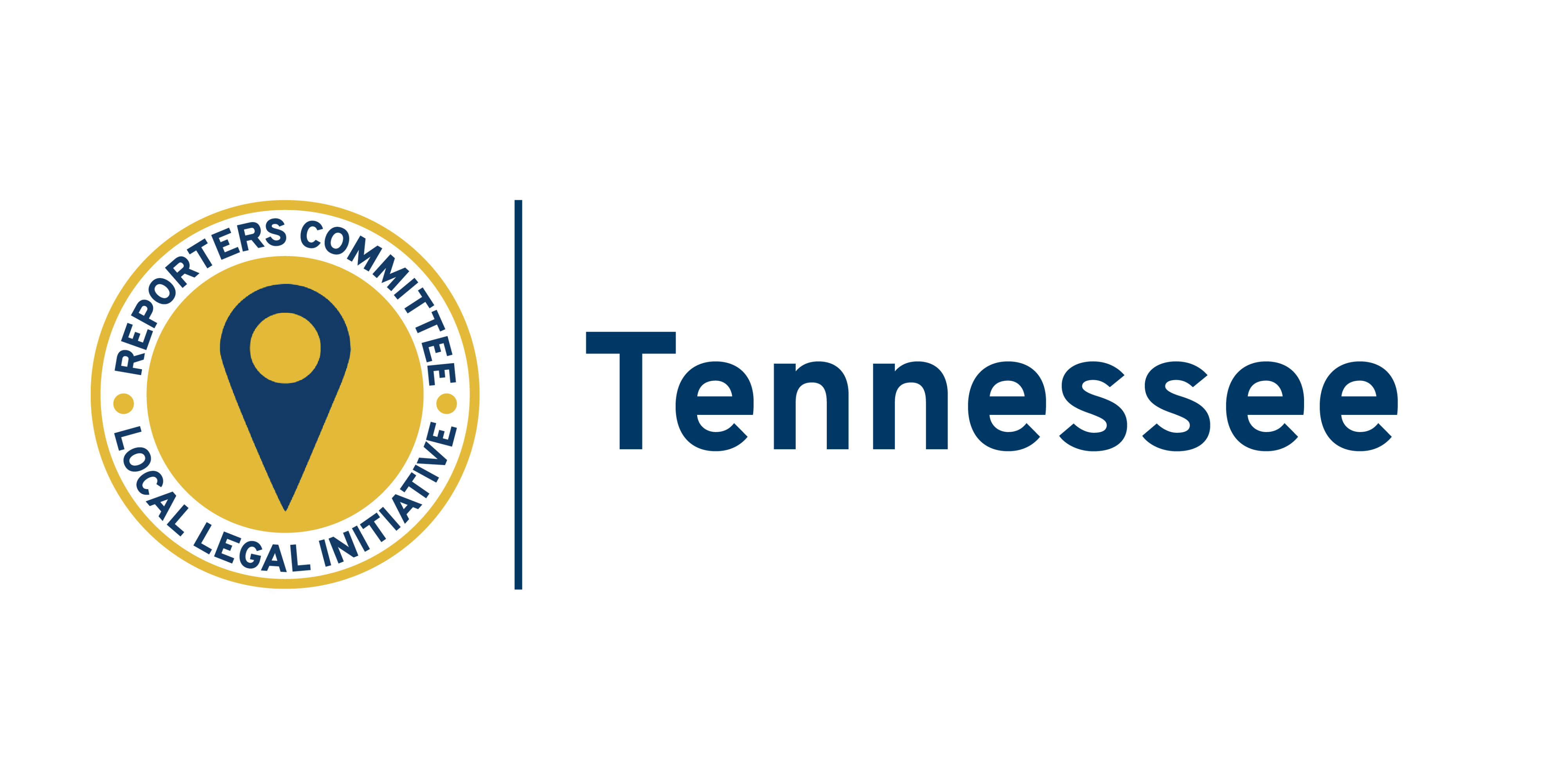On the Docket: 5 things TN journalists should know about federal FOIA

This column was originally published in the November 2022 issue of The Tennessee Press, the official publication of the Tennessee Press Association.
As a member of the Tennessee Press Association, you’re probably familiar with our state’s Public Records Act. In fact, you’ve probably used it before to report important stories about local and state agencies, and the officials who run them.
However, you might be less familiar with the federal equivalent of Tennessee’s public records law: the Freedom of Information Act. Enacted in 1966, FOIA allows members of the press and public to obtain records of federal agencies of the executive branch, such as the Justice Department and the Environmental Protection Agency, among many others.

Though it has limitations — the law doesn’t apply to records kept by Congress or the courts, for instance — FOIA is a useful tool for learning what the federal government is up to. Even if many of you will rely most frequently on the TPRA, there are plenty of reasons why you should consider filing FOIA requests to gain access to federal data, documents and other records that could help inform your reporting on local issues that matter to communities across Tennessee.
Let’s say, for example, that you’re reporting on a law enforcement raid on a business that involves both local police officers and FBI agents. You could submit a TPRA request with the local police to find out what prompted the raid, but why not seek records from the federal agency, too? Doing so can increase your chances of getting the information you need — maybe even more quickly.
I could spend thousands of words discussing the ins and outs of FOIA, how it differs from TPRA and the many scenarios in which filing a FOIA request makes sense for reporters covering local and state issues. But for the purposes of this column, let’s boil it down to a few essentials. Here are five things you should know to help your FOIA requests:
1. Exemptions
FOIA has nine exemptions that agencies can cite to shield or redact records. Compared to TPRA, which includes more than 500 statutory exemptions, nine seems like a small number. But that number is a bit deceiving because the federal exemptions apply more broadly. FOIA’s exemptions protect a wide range of records: everything from trade secrets to medical files. But just citing exemptions is no longer enough for federal agencies to block access to records, thanks to a FOIA reform bill passed in 2016. Under the relatively new “foreseeable harm” standard, an agency can shield information under a discretionary exemption only if it can “reasonably foresee that disclosure would harm an interest protected by the exemption.” In other words, the standard imposes a much higher burden for withholding records. So, if an agency merely cites an exemption in refusing to disclose records, you should challenge their decision by asking officials to show that the disclosure would likely cause some kind of harm.
2. Fee waivers
Accessing public records can be expensive. But unlike our state public records law, FOIA includes a provision that allows journalists and others to obtain data and documents at a reduced rate if the release of the requested information “is likely to contribute significantly to public understanding” of how the government operates. Always ask for a fee waiver when filing a FOIA request, and give a brief explanation regarding why you think the standard is met.
3. Nongovernmental bodies
TPRA allows us to request records from nongovernmental bodies that serve as the “functional equivalent” of a government agency. It’s a provision that courts have interpreted in different ways — both in favor of and against disclosure, depending on the circumstances — but it’s one that is not included in FOIA. So, if you want records from federal contractors, you’ll have to work your sources.
4. Expedited processing
FOIA allows records requesters to ask the government for expedited processing, something that TPRA unfortunately does not offer. This means you can request a quicker turnaround in accessing records while news is still fresh, though it doesn’t mean you’ll get it. To qualify, you have to establish that there is “urgency FOIA from Page 2 to inform” the public about an ongoing government matter. In 2004, for example, a federal court granted faster processing when the American Civil Liberties Union requested records related to ongoing government surveillance under the USA Patriot Act.
5. Administrative appeals
When the federal government denies your records request, FOIA allows you to file an administrative appeal asking the agency to reconsider its decision. This option, which is not available under TPRA, gives journalists and others a chance to challenge an agency’s rejection without having to immediately take the dispute to court, where things can get costly, quickly. Your administrative appeal doesn’t have to be limited to the records at hand — you can also fight agency decisions on fee waivers and other issues. More than anything, I would strongly recommend that you always appeal. Never take an agency’s initial rejection as the final word. And if you need legal support to make your case, don’t hesitate to contact me, your friendly (and free) Reporters Committee attorney.
Paul McAdoo is the Tennessee Local Legal Initiative attorney for the Reporters Committee for Freedom of the Press. He is based in Nashville.